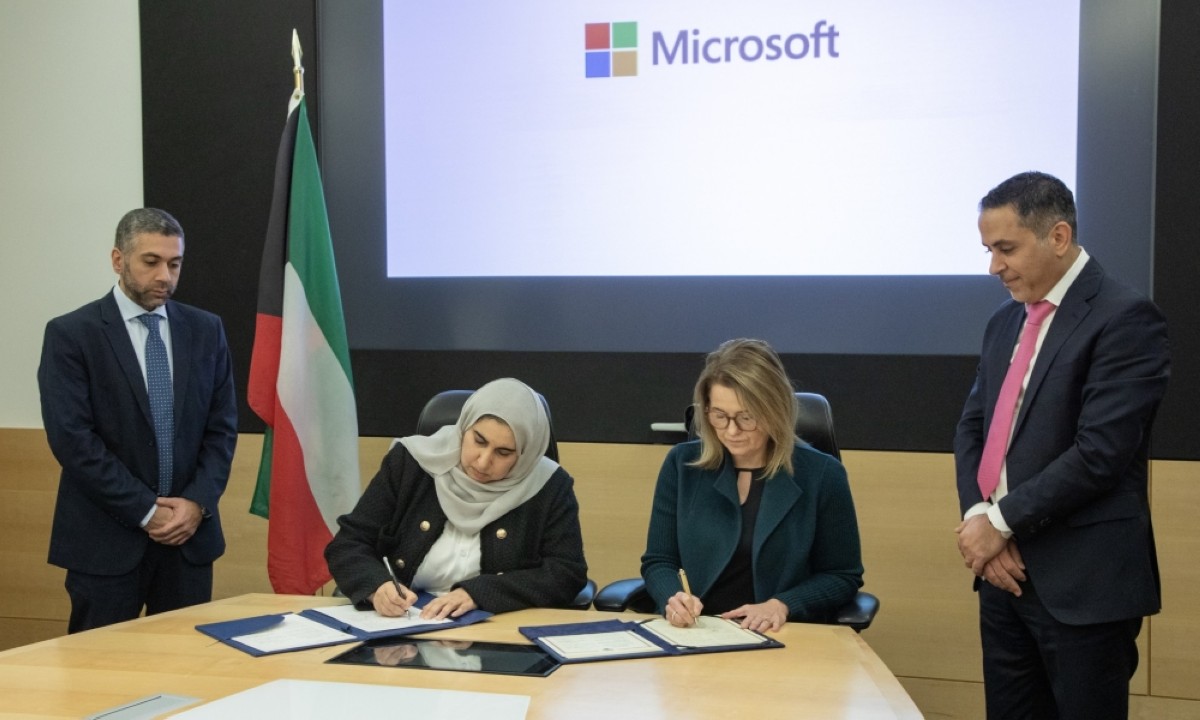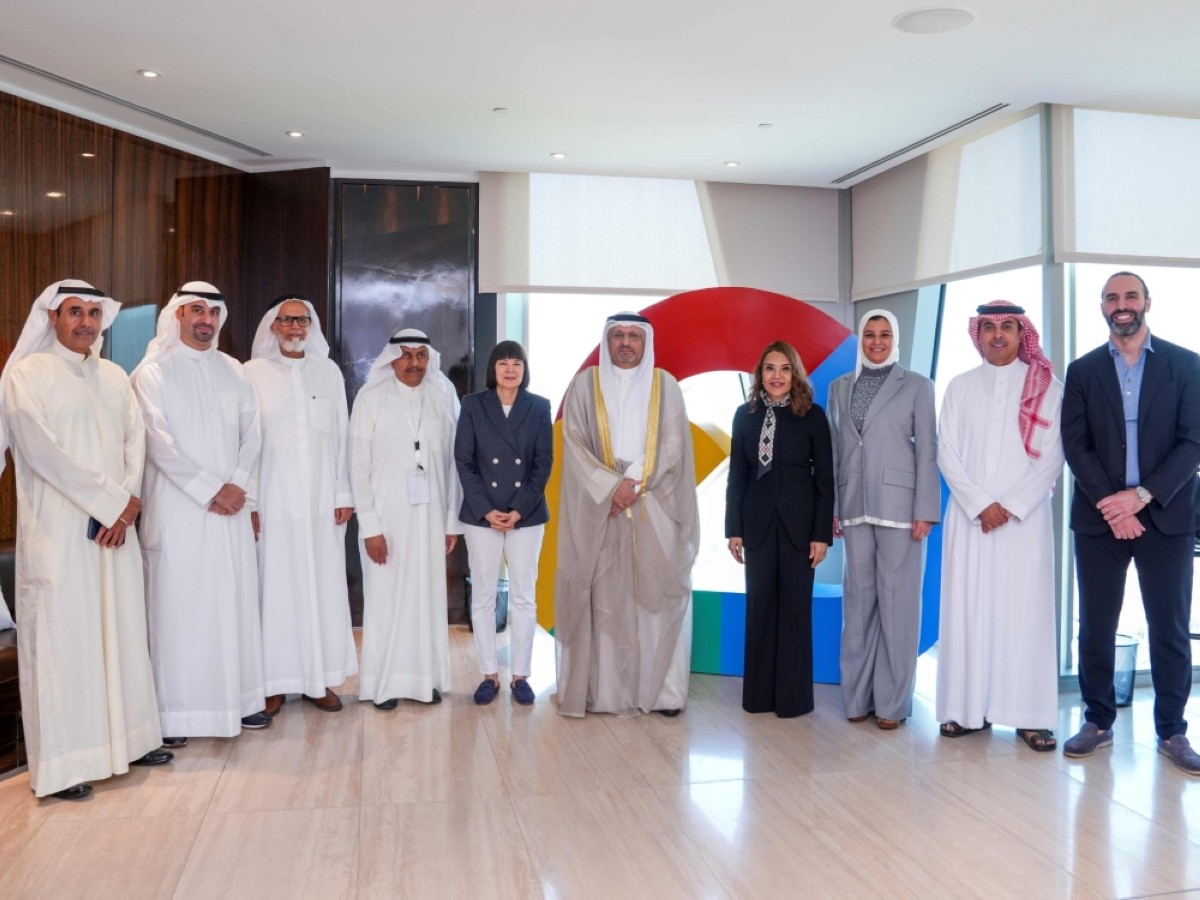KUWAIT: Kuwait’s technological advancements and collaborative efforts in 2024 reflect a comprehensive approach to modernization across various sectors. From enhancing educational tools and cybersecurity measures to fostering financial technology, the government aims to create a secure, efficient, and inclusive digital environment. At the same time, collaboration with Gulf Cooperation Council (GCC) countries is strengthening Kuwait’s position in addressing digital challenges and supporting sustainable growth.
Google Cloud
In July, the Kuwait Direct Investment Promotion Authority (KDIPA) announced the opening of new Google Cloud offices in the country. This move is aimed at driving digital transformation by creating a collaborative hub for innovation and offering expert support to local businesses. Additionally, in October, Communication Minister Omar Al-Omar highlighted training initiatives that would attract foreign investment and foster a fully digitalized environment. Google’s "Cloud Day” event also saw the launch of a joint training program focused on building national skills in Artificial Intelligence and cybersecurity technologies.


Financial sector growth
Kuwait’s financial sector is undergoing a major digital transformation. In October, the Capital Markets Authority (CMA) registered its first companies under securities-based financial technology services, a step towards enhancing financial inclusion and supporting the growth of fintech. Furthermore, the CMA issued Module 19 of its Executive Bylaws, introducing a framework for crowdfunding services and automated investment advisors.
In December, the Ministry of Finance signed a memorandum of understanding (MoU) with Microsoft in Seattle to advance Kuwait’s digital transformation. The MoU focuses on modernizing financial and administrative systems through the latest technologies, including artificial intelligence and cloud services. This partnership aims to boost the efficiency of government services, with Microsoft providing technical support to the ministry.
Cybersecurity initiatives
Kuwait is also prioritizing cybersecurity as part of its digital transformation. The Central Agency for Information Technology, in partnership with Microsoft, launched the "Zero Trust” initiative. This program aims to bolster cybersecurity in government agencies by employing Microsoft’s solutions to safeguard people, devices, data, and applications against cyber threats. This initiative is expected to enhance the efficiency of government spending while reducing operational costs.
The Ministry of Information recently signed a cooperation agreement with the National Cybersecurity Center to enhance cybersecurity measures, training, and media collaboration. The partnership is expected to improve operational mechanisms within the ministry, especially for Kuwait State TV studios. The National Cybersecurity Center will provide ongoing technical support, regular assessments of digital devices, and training courses to elevate cybersecurity awareness among media personnel. Additionally, the ministry plans to promote community awareness of cybersecurity through various media channels.
Education sector innovations
In the education sector, Kuwait introduced 5,125 interactive screens to enhance digital learning for both students and teachers. These screens are designed to improve classroom interaction, clarify educational materials, and encourage teamwork. They also provide access to a wider range of educational resources, supporting distance learning and the development of digital skills. This technological integration is part of Kuwait’s effort to prepare students for a digital economy and future workforce demands.
Regional cooperation
Kuwait is also enhancing its collaboration with Gulf Cooperation Council (GCC) countries to drive regional digital initiatives. Communications Minister Omar Al-Omar met with GCC Secretary-General Jasem Al-Budaiwi to discuss joint efforts to support and develop digital initiatives across member states. This meeting underscores the GCC’s aim to strengthen relations and integration in critical fields to achieve sustainable development and prosperity.
In a recent lecture at Sabah Al-Salem University, Maher Al-Saleh, Director of the Communications and e-Government Department at the GCC General Secretariat, outlined plans to enhance communication and technology integration across member states. These initiatives include a unified communications area, joint IT investments, and shared e-government services, all aimed at fostering collaboration and addressing emerging digital challenges.

